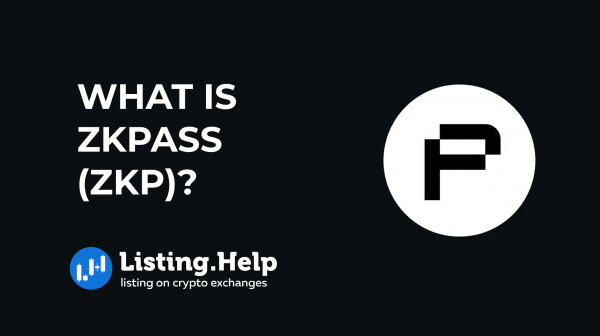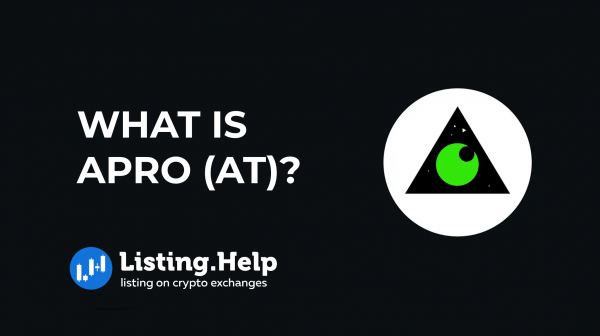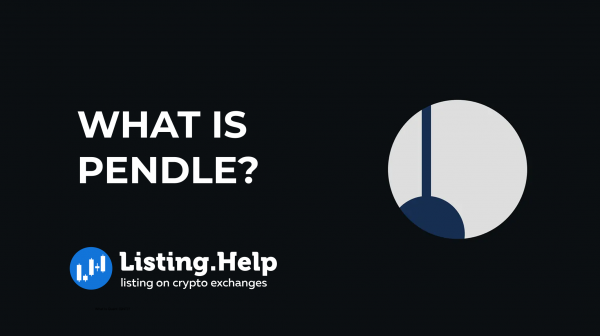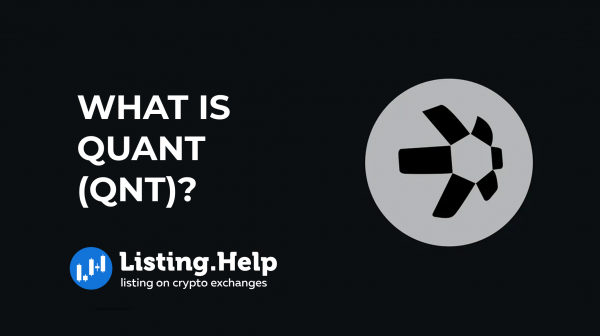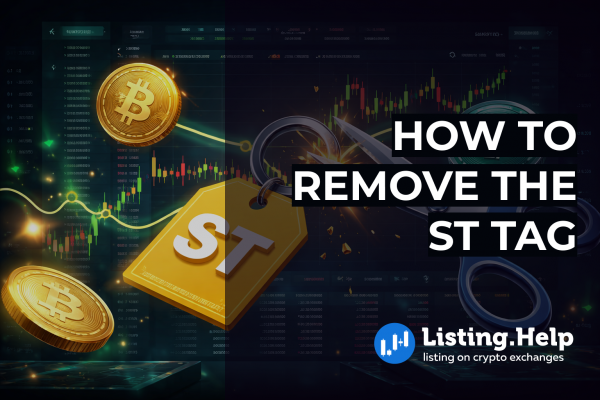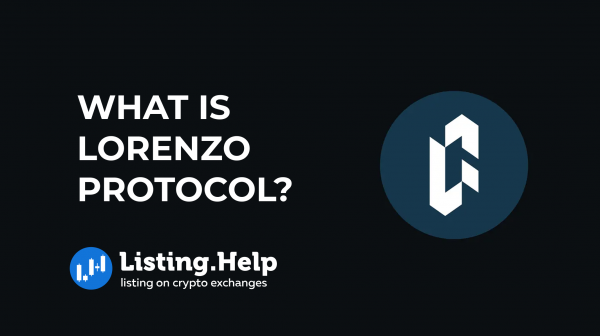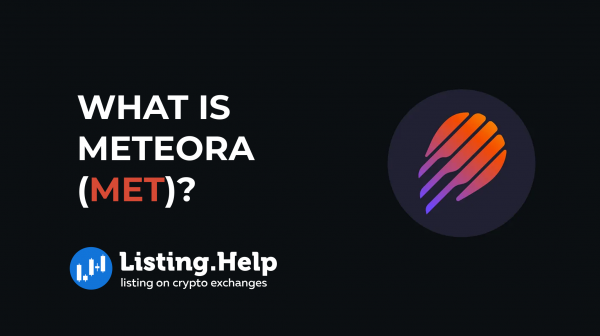What is OpenEden (EDEN)?
 November 6, 2025
November 6, 2025 Updated: November 6 2025, 08:50
Updated: November 6 2025, 08:50
LEAVE A REQUEST
Launching your own token project? Our experts are ready to help with listing on exchanges, market making, marketing and other solutions
SUBMIT APPLICATIONAs blockchain adoption grows, more investors are searching for a straightforward way to use traditional financial assets on-chain. OpenEden aims to solve this by converting Treasury securities into tokens that anyone with a crypto wallet can hold or trade. This approach allows Web3 participants to access low-risk, transparent investments while benefiting from blockchain’s speed and open infrastructure.
TBILL Vault and Token
The TBILL Vault from OpenEden lets investors gain blockchain-based exposure to short-term U.S. Treasury Bills by minting TBILL tokens — each backed 1:1 by government securities. The fund is licensed in the British Virgin Islands, rated “A-bf” by Moody’s, and managed by BNY Mellon.
Investors deposit USDC to receive TBILL tokens directly into approved wallets. These tokens offer liquidity, stability, and government-backed yield with 24/7 settlement on-chain. By combining secure Treasury assets with blockchain automation and institutional partners, OpenEden delivers an efficient and verifiable structure for earning returns through tokenized U.S. debt instruments.
TBILL Risks
Before using TBILL, investors should understand the potential risks:
- Interest rate risk: Rising or falling rates can affect the value of underlying Treasuries.
- Liquidity risk: Large redemptions could make quick liquidation harder without price impact.
- Credit risk: Depends on the U.S. government’s ability to meet its debt obligations.
- Market risk: Broader political or economic factors may influence performance.
- Smart contract risk: Even with audits, bugs or vulnerabilities may occur.
- Transaction risk: Poor timing of deposits or withdrawals can influence returns.
USDO Stablecoin
OpenEden also issues USDO, a stablecoin that earns daily yield while maintaining a 1:1 peg to the U.S. dollar. It uses a rebasing model — meaning its balance automatically adjusts to reflect earned interest while keeping a stable price. The yield is generated from reserves primarily composed of tokenized Treasury securities and other short-duration assets.
cUSDO
For platforms that don’t support rebasing assets, OpenEden provides cUSDO, a wrapped version of USDO. Instead of changing balance amounts, cUSDO increases in price over time as yield compounds internally. Both tokens earn the same interest rate, and holders can freely convert between them using smart contracts.
USDO Risks
Potential risks with USDO and cUSDO include:
- Reserve risk: Tokenized Treasury funds can lose value due to market moves or counterparty issues.
- Smart contract risk: Vulnerabilities or exploits could lead to losses.
- Trading risk: Liquidity, exchange issues, or price slippage could affect access or value.
- Banking risk: Banking policy changes could restrict fiat transactions.
- No insurance: Balances aren’t insured against loss.
- Blacklisting risk: Addresses tied to illicit activity may be blocked.
- Transaction risk: Mistaken or incorrect transfers can’t be reversed.
Why OpenEden?
Accessible low-risk yield: With volatility reducing returns across DeFi, investors are turning to safer assets. Treasury Bills remain one of the most stable and liquid investments available. OpenEden simplifies on-chain access to them.
Fast and transparent: Traditional Treasury markets often take days to settle. Through smart contracts, OpenEden enables instant, around-the-clock transactions and provides audited fund reports for full transparency.
Regulated and compliant: The project operates under regulatory frameworks in the British Virgin Islands and Bermuda, partnering with licensed custodians, auditors, and financial institutions to ensure compliance and investor protection.
For professional investors: Participation requires KYC verification and meeting accreditation standards, ensuring users comply with regulatory guidelines and platform rules.
How to Get Started With OpenEden?
- Create and verify an account: Complete KYC to whitelist your wallet.
- Deposit USDC: Mint TBILL or USDO tokens upon deposit confirmation.
- Hold or trade: Manage tokens directly, earning yield while retaining control.
- Redeem: Exchange TBILL or USDO back to USDC when desired.
What is the EDEN Token?
The EDEN token underpins the OpenEden ecosystem and serves several functions:
- Staking: Lock EDEN tokens to earn staking rewards.
- Governance: Vote on updates, product decisions, and allocation plans.
- Growth initiatives: Some tokens are allocated to reward campaigns supporting new launches.
- Fee reductions: Holding EDEN may lower platform transaction costs.
The EDEN token is listed on many platforms, including XT, Uniswap, BitMart and Pancakeswap. If you’re looking to list your token on similar platforms, understanding the token listing process and crypto exchange listing fees is essential.
Conclusion
OpenEden bridges traditional finance and blockchain by tokenizing high-quality government debt and bringing it on-chain. Through products like TBILL, USDO, and EDEN, the platform offers a clear, regulated path for investors to earn reliable yields while maintaining control of their digital assets. It’s a practical model for connecting real-world stability with the efficiency of decentralized systems.

For more insights and updates on the crypto world, don’t forget to check out our blog at Listing.Help.




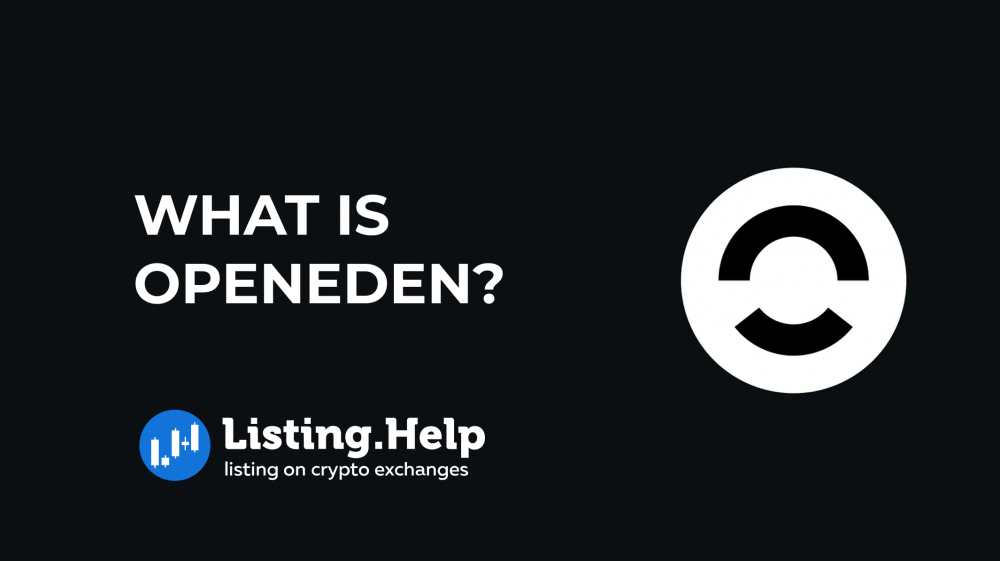

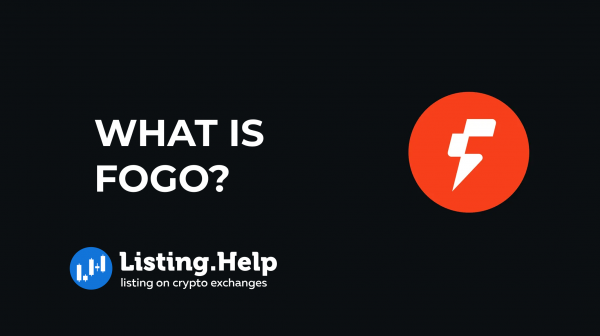
 February 23, 2026
February 23, 2026 